- Hindus express hope for educational reform under AA administration
- Arakanese zat pwe performers struggle to survive as conflict halts traditional shows
- India-Arakan trade routes fully reopen after two-month closure
- When Prisoners Are Bombed, the War Has No Rules Left
- Two civilians killed, two injured in junta airstrike on Ramree village
Kaman students in Sittwe still unable to enrol
More than a week after schools opened on June 2, a group of ethnic Kaman high school students in the Arakan State capital Sittwe remain unable to enrol.
10 Jun 2022
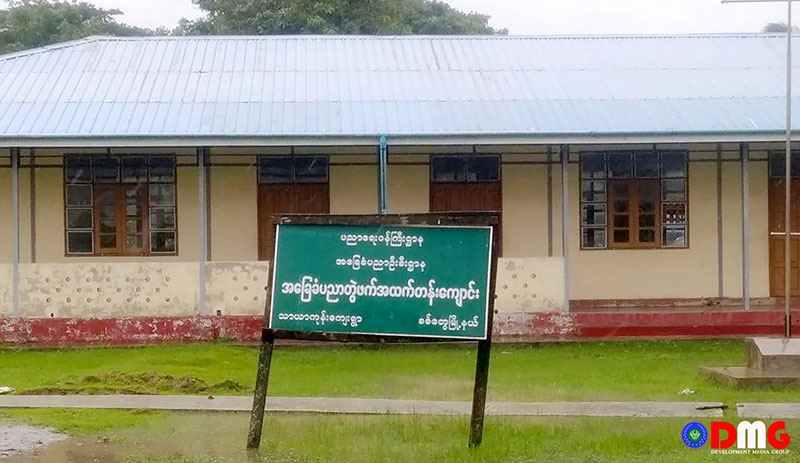
DMG Newsroom
10 June 2022, Sittwe
More than a week after schools opened on June 2, a group of ethnic Kaman high school students in the Arakan State capital Sittwe remain unable to enrol.
Forty-six Kaman students from Thakkelpyin, Tharyargone and Thinganet villages in Sittwe Township still cannot find a high school that will accept them.
Kaman students from Tharyargone village studied at the high school in their village last year, but that is not an option this year because there are no teachers at the school. They were taught by volunteer teachers last year, but the teachers have left the school after the Arakan State Education Department stopped providing allowances for them in April, according to teacher Daw Nyo Nyo Aye from Tharyargone village.
The Arakan State Education Department has instructed them to study at Basic Education High School No. 10 in Thakkelpyin Muslim village, which is some two miles from their village. But instruction at the school takes place in the local Muslim language, presenting a language barrier for Kaman students who speak the Arakanese language.
One Kaman student’s mother, Daw Than Than Yi, said: “We are a little distant from each other. We don’t understand their language. And teachers only teach in the Muslim language. Kaman students do not understand a word.”
The Kaman students want to study at Basic Education High School No. 6, which is run by the military and located near Light Infantry Battalion No. 20. That proposition has been rejected, however, as the majority of students enrolled there are the children of military personnel.
Kaman student Ma Hnin Wut Yee said she is saddened that their enrolment problem remains unresolved as other students’ studies are underway.
“I want to go to school. I am concerned that we will have to go through this year without schooling,” she said.
Kaman parents have called for allowing their children to have the same access to the classroom that other ethnic groups enjoy.
“Kaman are also [officially recognised] ethnic people,” Daw Than Than Yi said. “Authorities can tell us what they want us to do for our students to be able to go to school. We will do whatever we can. We request authorities to do what they can.”
U Aye Tun, the father of a Kaman student from Thakkelpyin, urged authorities to arrange for Kaman students to study at a high school elsewhere in the Arakan State capital if they are not allowed to go to Basic Education High School No. 6.
“We have complained to the chiefs of the township and state education departments. They evaded our question,” he said.
When asked by DMG, Arakan State Education Department chief U Ba Htwe Sein said he was “arranging for Kaman students to attend high school,” without elaborating.
The predominantly Muslim Kaman are among Myanmar’s 135 officially recognised ethnic groups. But they have frequently found themselves disadvantaged in the aftermath of the 2012 inter-communal conflicts between Buddhist Arakanese and Arakan State’s other Muslim inhabitants, who are not recognised as citizens and face far more acute forms of discrimination.




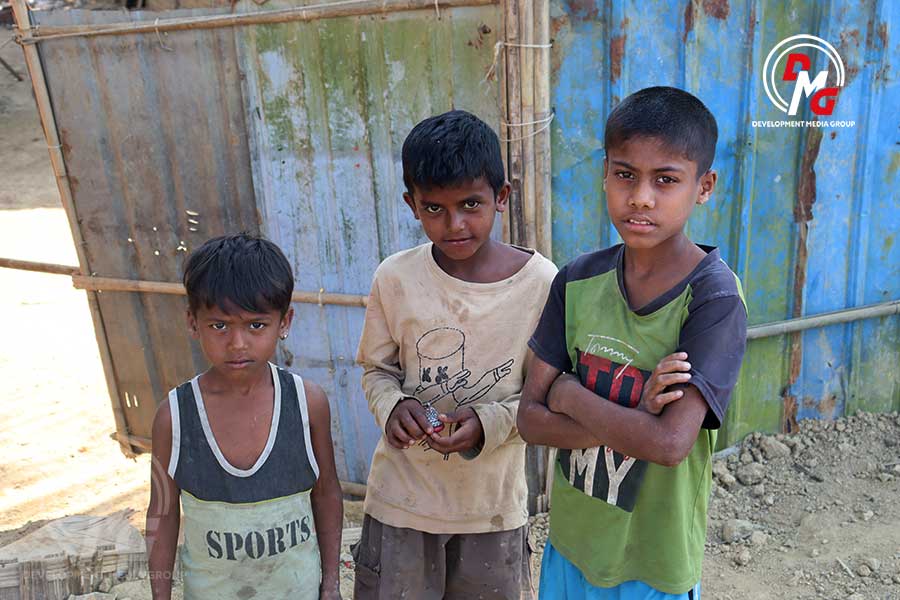
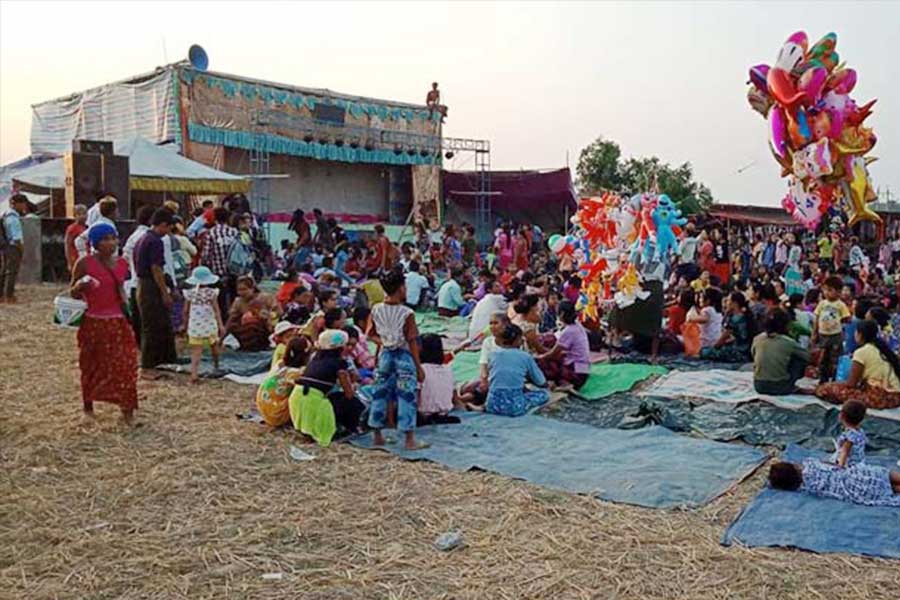
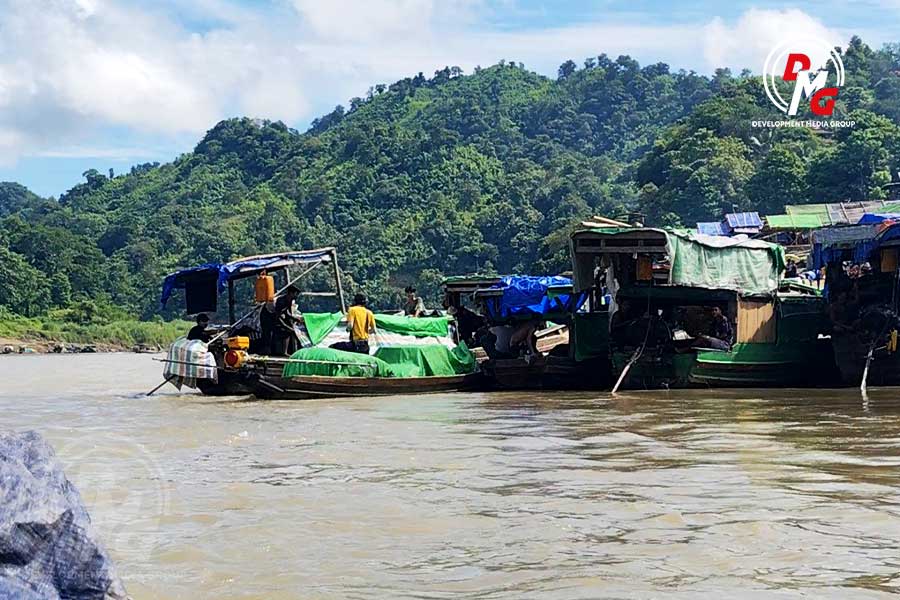
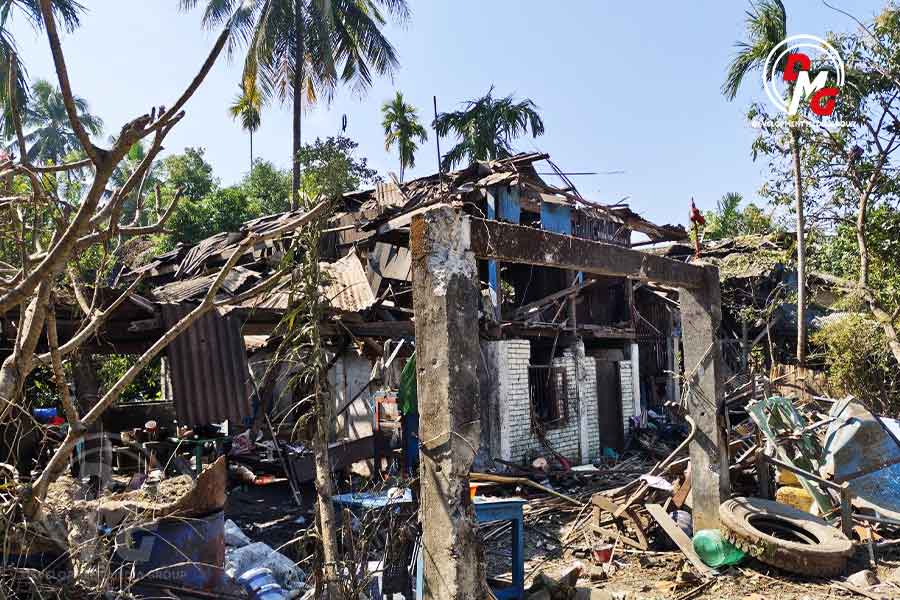
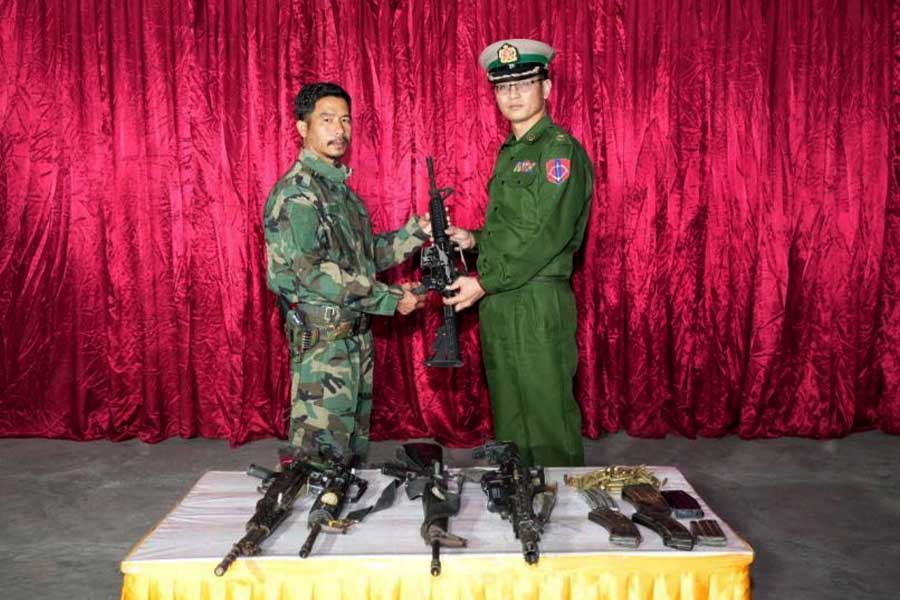








.jpg)